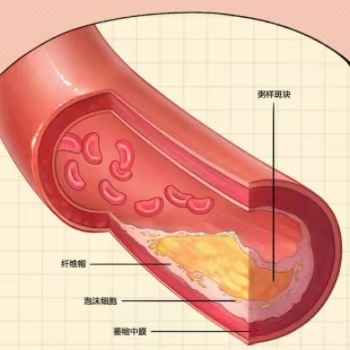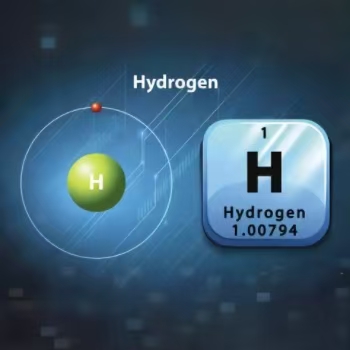Hydrogen-rich water can reduce the inflammatory response and prevent peripheral blood cell apoptosis in healthy adults: A randomized, double-blind, controlled trial.
Research Objectives: To investigate the effects of drinking hydrogen water on oxidative stress and immune function in healthy adults by using a systematic approach of biochemical, cellular, and molecular nutrition.
Subjects and Methods:
- Participants: A total of 158 healthy men and women aged between 20 and 59 years were recruited. Volunteers with acute or chronic medical histories, those who consumed more than 500 ml of coffee, tea, soft drinks, and alcoholic beverages daily, those who drank alcoholic beverages more than two days a week, those who had regularly used antioxidant supplements in the past three months, smokers, those with strenuous exercise habits, and those who did not meet the daily consumption standard of 500 - 2500 ml of purified water were excluded. Eventually, 41 eligible participants were randomly assigned to the hydrogen water group (n = 22) and the normal water group (n = 19). However, during the study process, 2 participants dropped out from the hydrogen water group and 1 from the normal water group. Ultimately, 20 participants in the hydrogen water group and 18 in the normal water group completed the 4-week intervention trial.
- Intervention Methods: The hydrogen water group consumed 1.5 liters of hydrogen-rich water (with a hydrogen concentration of 0.753 ± 0.012 mg/l) every day, while the normal water group drank an equal amount of normal water. Participants were required to finish the water in a 500 ml bottle within one hour after opening it. Besides coffee, tea, soft drinks, and alcoholic beverages, no other additional water was allowed, and the total consumption of these additional beverages was controlled to be no more than 500 ml per day.
Research Results:
- Antioxidant Capacity and Oxidative Damage: After four weeks, both drinking normal water and hydrogen-rich water led to an increase in the serum biological antioxidant potential (BAP). In the overall population, there was no significant difference between the hydrogen water group and the normal water group in terms of BAP. However, for participants over 30 years old, drinking hydrogen water resulted in a significant increase in BAP (p = 0.028). In the younger group (< 30 years old), no significant impact of hydrogen water on BAP was observed (p = 0.534).
- Apoptosis of Peripheral Blood Mononuclear Cells (PBMCs) and Profile of Blood Immune Cell Populations: At the baseline, there was no significant difference in the frequency of apoptotic cells in the blood between the two groups. However, after the 4-week trial, compared with the normal water group, the proportion of apoptotic PBMCs in the hydrogen water group was significantly lower (p = 0.036). Moreover, through flow cytometry analysis, it was found that the frequency of CD14+ cells in the hydrogen water group decreased.
- Transcriptome Analysis: RNA sequencing analysis of PBMCs indicated that there were significant differences between the transcriptome of the hydrogen water group and that of the normal water group. Most notably, the transcriptional networks related to the inflammatory response and the NF-κB signaling pathway in the hydrogen water group were significantly downregulated.
![]()
![English]() English
English ![Arabic]() Arabic
Arabic ![Portuguese]() Portuguese
Portuguese ![Chinese]() Chinese
Chinese ![French]() French
French ![Russian]() Russian
Russian ![Spanish]() Spanish
Spanish ![German]() German
German ![Vietnamese]() Vietnamese
Vietnamese ![Indonesian]() Indonesian
Indonesian ![Korean]() Korean
Korean ![Japanese]() Japanese
Japanese ![Italian]() Italian
Italian ![Urdu]() Urdu
Urdu ![Hindi]() Hindi
Hindi ![Hebrew]() Hebrew
Hebrew ![Thai]() Thai
Thai ![Bengali]() Bengali
Bengali ![Turkish]() Turkish
Turkish ![Dutch]() Dutch
Dutch ![Polish]() Polish
Polish ![Amharic]() Amharic
Amharic ![Bulgarian]() Bulgarian
Bulgarian ![Dhivehi]() Dhivehi
Dhivehi ![Finnish]() Finnish
Finnish ![Khmer]() Khmer
Khmer ![Hungarian]() Hungarian
Hungarian ![Kinyarwanda]() Kinyarwanda
Kinyarwanda ![Luganda]() Luganda
Luganda ![Maori]() Maori
Maori ![Malay]() Malay
Malay ![Norwegian]() Norwegian
Norwegian ![Chichewa]() Chichewa
Chichewa ![Oromo]() Oromo
Oromo ![Persian]() Persian
Persian ![Romanian]() Romanian
Romanian ![Sanskrit]() Sanskrit
Sanskrit ![Somali]() Somali
Somali ![Serbian]() Serbian
Serbian ![Swedish]() Swedish
Swedish ![Afrikaans]() Afrikaans
Afrikaans ![Aymara]() Aymara
Aymara ![Azerbaijani]() Azerbaijani
Azerbaijani ![Belarusian]() Belarusian
Belarusian ![Burmese]() Burmese
Burmese ![Catalan]() Catalan
Catalan ![Cebuano]() Cebuano
Cebuano ![Czech]() Czech
Czech ![Danish]() Danish
Danish ![Filipino]() Filipino
Filipino ![Irish]() Irish
Irish ![Hausa]() Hausa
Hausa ![Haitian]() Haitian Creole
Haitian Creole ![Igbo]() Igbo
Igbo ![Icelandic]() Icelandic
Icelandic ![Javanese]() Javanese
Javanese ![Lao]() Lao
Lao ![Lingala]() Lingala
Lingala ![Dutc]() Dutc
Dutc ![Quechua]() Quechua
Quechua ![Sinhala]() Sinhala
Sinhala ![Sindhi]() Sindhi
Sindhi ![Yoruba]() Yoruba
Yoruba 

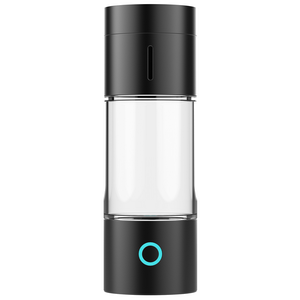
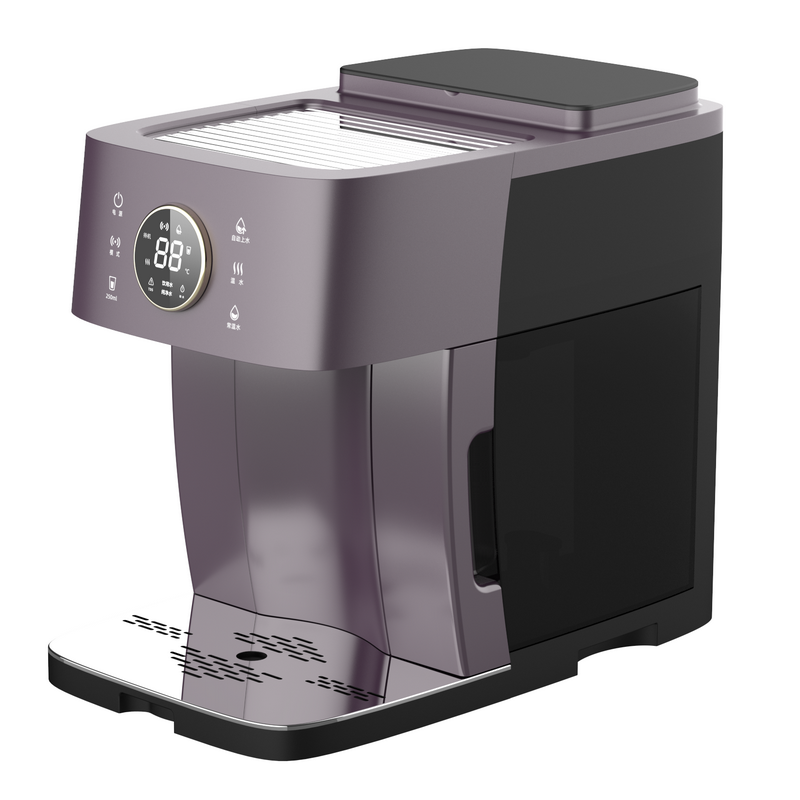
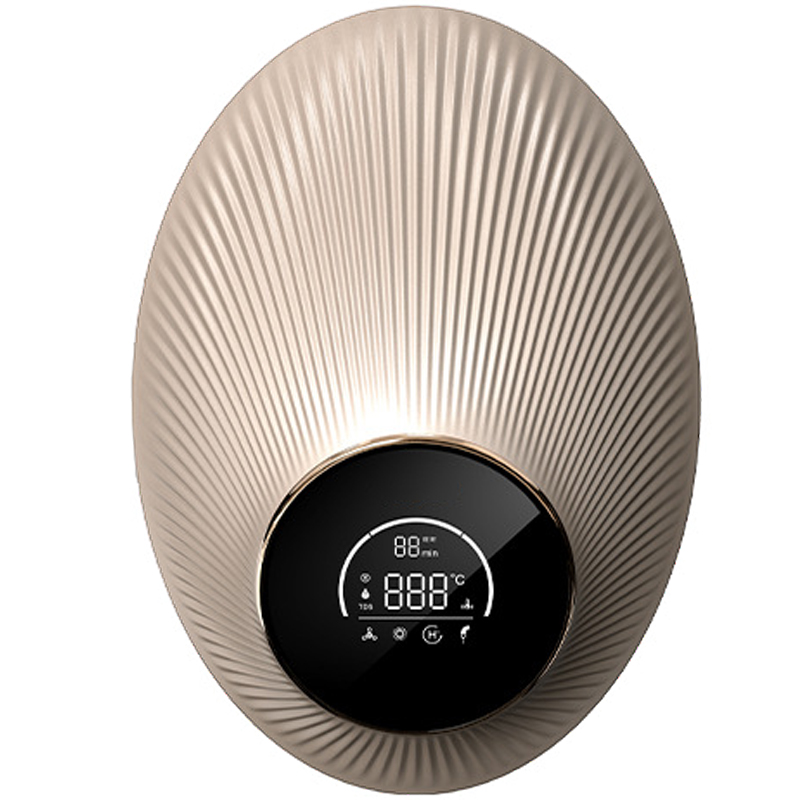
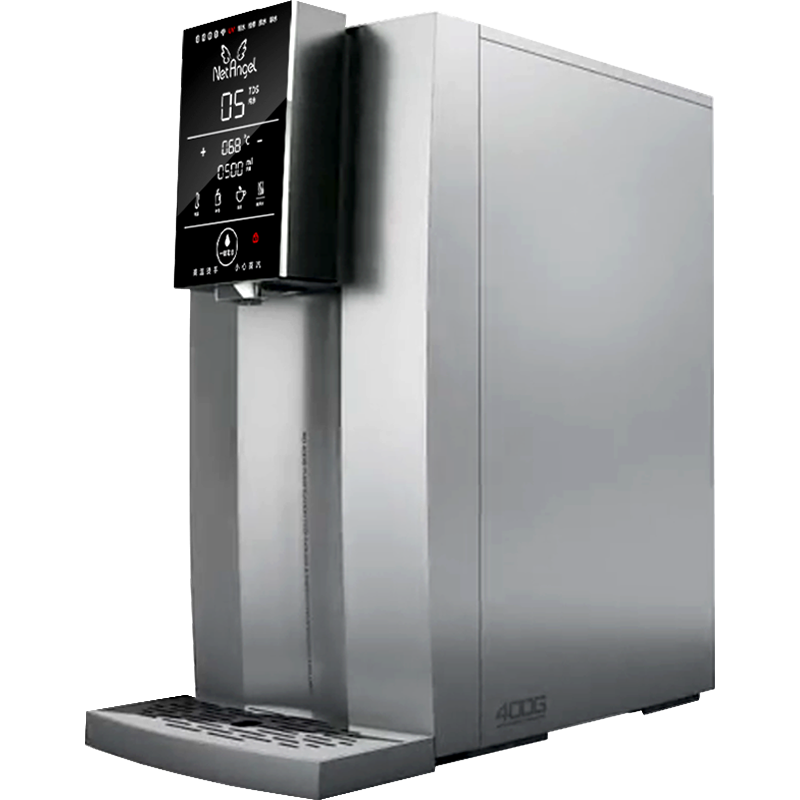

 Arabic
Arabic Portuguese
Portuguese Chinese
Chinese  French
French Russian
Russian Spanish
Spanish German
German Vietnamese
Vietnamese Indonesian
Indonesian Korean
Korean Japanese
Japanese Italian
Italian Urdu
Urdu Hindi
Hindi Hebrew
Hebrew Thai
Thai Bengali
Bengali Turkish
Turkish Dutch
Dutch Polish
Polish Amharic
Amharic Bulgarian
Bulgarian Dhivehi
Dhivehi Finnish
Finnish Khmer
Khmer Hungarian
Hungarian Kinyarwanda
Kinyarwanda Luganda
Luganda Maori
Maori Malay
Malay Norwegian
Norwegian Chichewa
Chichewa Oromo
Oromo Persian
Persian Romanian
Romanian Sanskrit
Sanskrit Somali
Somali Serbian
Serbian Swedish
Swedish Afrikaans
Afrikaans Aymara
Aymara Azerbaijani
Azerbaijani Belarusian
Belarusian Burmese
Burmese Catalan
Catalan Cebuano
Cebuano Czech
Czech Danish
Danish Filipino
Filipino Irish
Irish Hausa
Hausa Haitian Creole
Haitian Creole Icelandic
Icelandic Javanese
Javanese Lao
Lao Lingala
Lingala Dutc
Dutc Quechua
Quechua Sinhala
Sinhala Sindhi
Sindhi Yoruba
Yoruba

